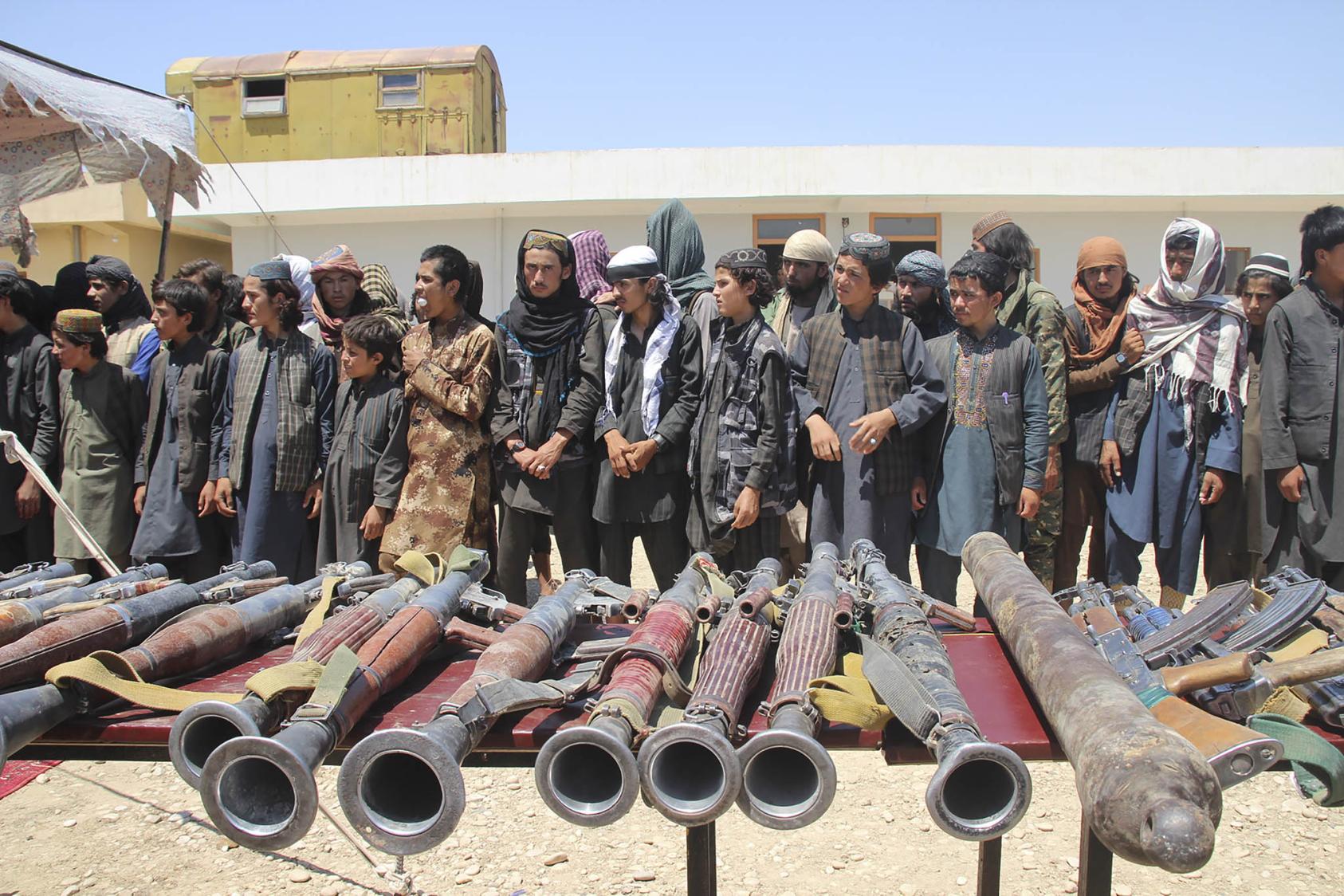
The irony is palpable. Afghanistan, under the Taliban, is grappling with rampant terrorism, economic decay, and brutal suppression of women’s rights.
On October 4, 2024, the sixth meeting of the Moscow Format Consultations on Afghanistan brought together special representatives and senior officials from China, India, Iran, Kazakhstan, Kyrgyzstan, Pakistan, Russia, Tajikistan, and Uzbekistan in Moscow. With Afghanistan’s Acting Foreign Minister present, the talks addressed mounting concerns over terrorism and the role Afghanistan’s de facto authorities must play in combating threats that extend far beyond its borders.
The unified message from the meeting was clear: terrorism remains a dire concern. The international delegation voiced deep alarm about the security risks posed by terrorist and separatist groups entrenched in Afghanistan. For countries in this region, these groups represent not just an Afghan issue but a regional and global security challenge. In a call for action, the parties urged strengthened counter-terrorism cooperation on both bilateral and multilateral fronts. The consensus was that Afghanistan’s efforts to combat terrorism must go beyond addressing surface symptoms; there is a need for a comprehensive strategy to tackle the underlying causes of extremism.
To achieve this, the delegation asked Afghanistan’s leadership to make tangible, verifiable strides in combating all terrorist organizations, advocating for an unbiased approach. They pressed for a rigorous dismantling of terrorist networks and a prevention of Afghan soil from being exploited for cross-border attacks. This call to action is a reminder that any lasting stability in Afghanistan hinges not only on internal security but also on respecting the security concerns of neighboring countries.
A UN report released in July warns that Afghanistan is becoming a global terrorism hub. Thousands of extremists, including members of the Tehreek-e-Taliban Pakistan (TTP), are operating freely, posing a significant threat to neighboring countries and the world. Pakistan has suffered over 800 attacks in recent months due to this growing instability. The UN is particularly concerned about the increasing presence and activities of ISIL-Khorasan and the TTP in Afghanistan, as well as the resurgence of Al-Qaeda in the region.
Framing TTP and Daesh as external issues by the Afghan Taliban is perhaps meant to deflect the world’s attention from IAG’s core responsibility to tackle the growing threats within its borders.
International organizations, including the UN and EU, have documented Daesh’s activities in Afghanistan, emphasizing the need for credible counterterrorism efforts. Border security alone cannot address Daesh’s presence; Afghanistan’s weak internal security enables extremists to thrive.
However, one of the most encouraging outcomes of the meeting was the shared interest in developing regional infrastructure projects with Afghanistan as a central hub. Afghanistan’s location is strategic, connecting Central and South Asia, and its potential role in economic and trade exchanges is promising. By supporting infrastructure and investment initiatives, the participating nations not only aid Afghanistan’s economy but also enhance the interconnectedness and resilience of the region as a whole.
Beyond economic development, there’s a strong push for the Afghan authorities to enact inclusive and prudent governance—governance that upholds the rights of all, particularly women, girls, and minorities. It’s essential to press for policies that recognize the rights and contributions of all Afghans, ensuring that everyone has a role in shaping the country’s future.
Migration is another focus, as the current reality has seen waves of Afghan refugees seeking stability beyond their homeland. Regional powers, notably Iran and Pakistan, have borne much of this weight, hosting millions of Afghan refugees over the years. The parties’ acknowledgment of this commitment—and their call for international support to ease the burden—highlights an often-overlooked reality: true partnership means sharing responsibility.
The joint statement of the Moscow Format is an important development and a sensible advice, which Afghan Interim Government (AIG) must listen. Non-adherence by AIG to outcome of Moscow format, would risk further isolation and losing valuable opportunities for development and diplomacy for Afghan authorities. Afghan Taliban must focus on resolving its own challenges, ensuring inclusivity and upholding women’s right to education instead of restricting them through misguided religious interpretations.
In the larger interest of Afghanistan, the AIG must block terrorist groups from gaining ground in Afghanistan and once again becoming a breeding ground for global terror. Pakistan urges the AIG to respect international norms, fostering peace and cooperation across the region for the sake of stability and security. Afghanistan’s actions must align with its duty to contribute to global peace, rather than fueling insecurity across borders.
Ultimately, the Moscow Format has signaled that Afghanistan’s neighbors recognize their role in supporting the country’s journey to peace and security. By advocating for local solutions to regional challenges, The Moscow Format meeting emphasizes regional collaboration and underscores the necessity of unity and support for Afghanistan’s path to peace. Whether this model can stand against global power politics remains to be seen, but for now, it serves as a testament to the collective commitment of Afghanistan’s neighbors to nurture peace and stability from within.
